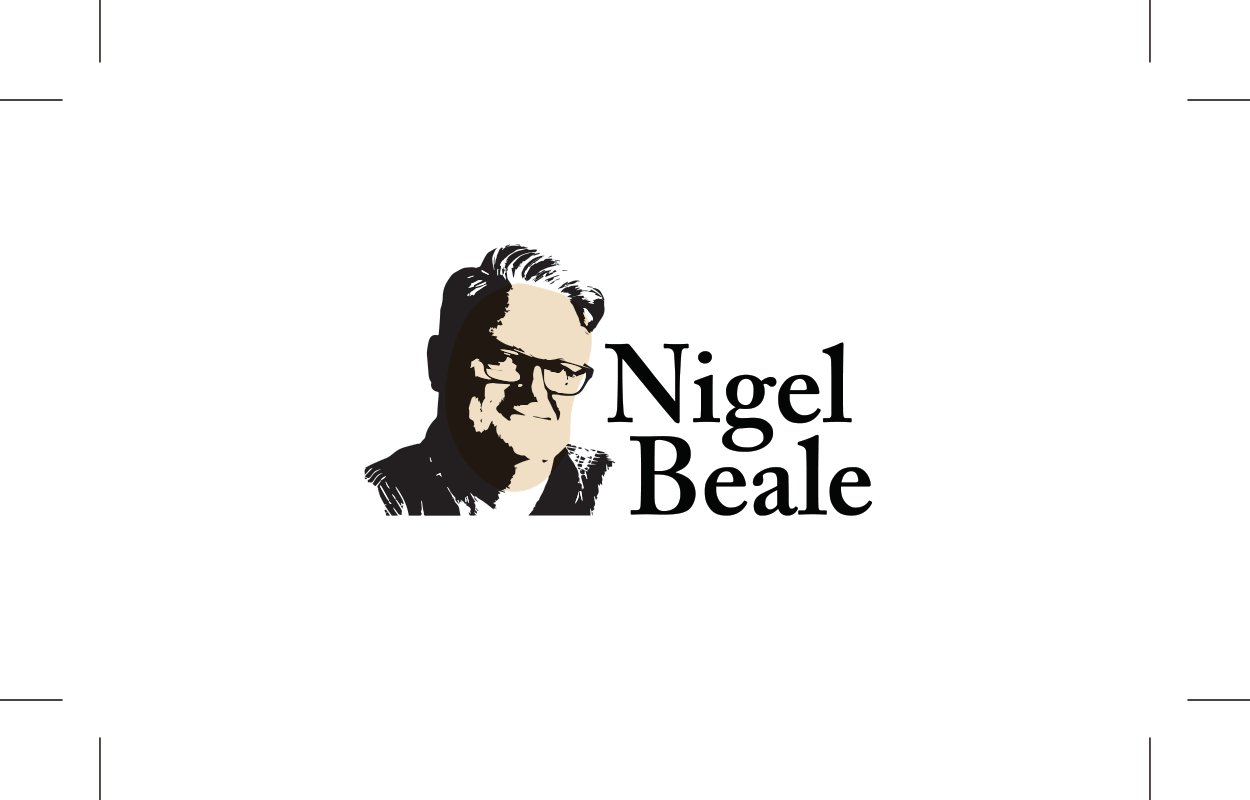In Kafka’s Prague: A Short Fiction
A middle-aged communications executive goes to Prague with his 18 year old daughter to finalize a real-estate transaction. Whilst there he takes a "Kafka" walking tour of the old city. He shows up at the allotted time and, to his surprise, finds himself alone with a beautiful young tour guide.
They start walking. It feels like a first date. She talks about Kafka’s early life, pointing to the house at Karpfensgasse and Maiselgasse where the author is said to have been born, mentioning that his mother died when he was very young.
This the executive knows to be untrue. Julie Kafka (née Löwy) died in 1934, ten years after Franz’s death.
They walk through some narrow side streets together and stop at a small church. No-one's near. It's quiet. His legs feel weak, like water. The surrounding air is the same temperature as his skin, he's unsure where it starts and he begins. She stares into his eyes and starts talking about herself. Her studies at Charles University, her childhood living in the surrounding countryside, the corruption of local politics and police and her desire to leave the country. She says she has her own apartment.
He observes her lips. One of her teeth has a little white fleck on it. Why is she sharing these personal stories?
After a time they move on. She describes buildings important in Franz’s life, architectural features, a sculpted fish on a wall. Given her error about Kafka's mother, he isn’t sure he can believe anything she says.
They return to the Old Town Square, where the tour began, to stand facing each other, closer perhaps than propriety warranted. She gazes again into his eyes and asks if he has any more questions. He knows what he wants to say. He doesn’t want her to leave, but only shakes his head. She turns and slowly walks away. He watches her back, as her shapely form disappears into the crowd. There is a melancholy friction inside of him.
Bleeding, he makes his way back to the restaurant where his daughter awaits.
***
Quotes by Franz Kafka.
"Love is like a knife with which we explore ourselves."
"The clocks are not in unison; the inner one runs crazily on at a devilish or demonic or in any case inhuman pace, the outer one limps along at its usual speed. What else can happen but that the worlds split apart, and they do split apart, or at least clash in a fearful manner."
"I think we ought to read only the kind of books that wound and stab us…We need the books that affect us like a disaster, that grieve us deeply, like the death of someone we loved more than ourselves, like being banished into forests far from everyone, like a suicide. A book must be the axe for the frozen sea inside us."
"If I felt in love, I would be in a world in which I could not live."

